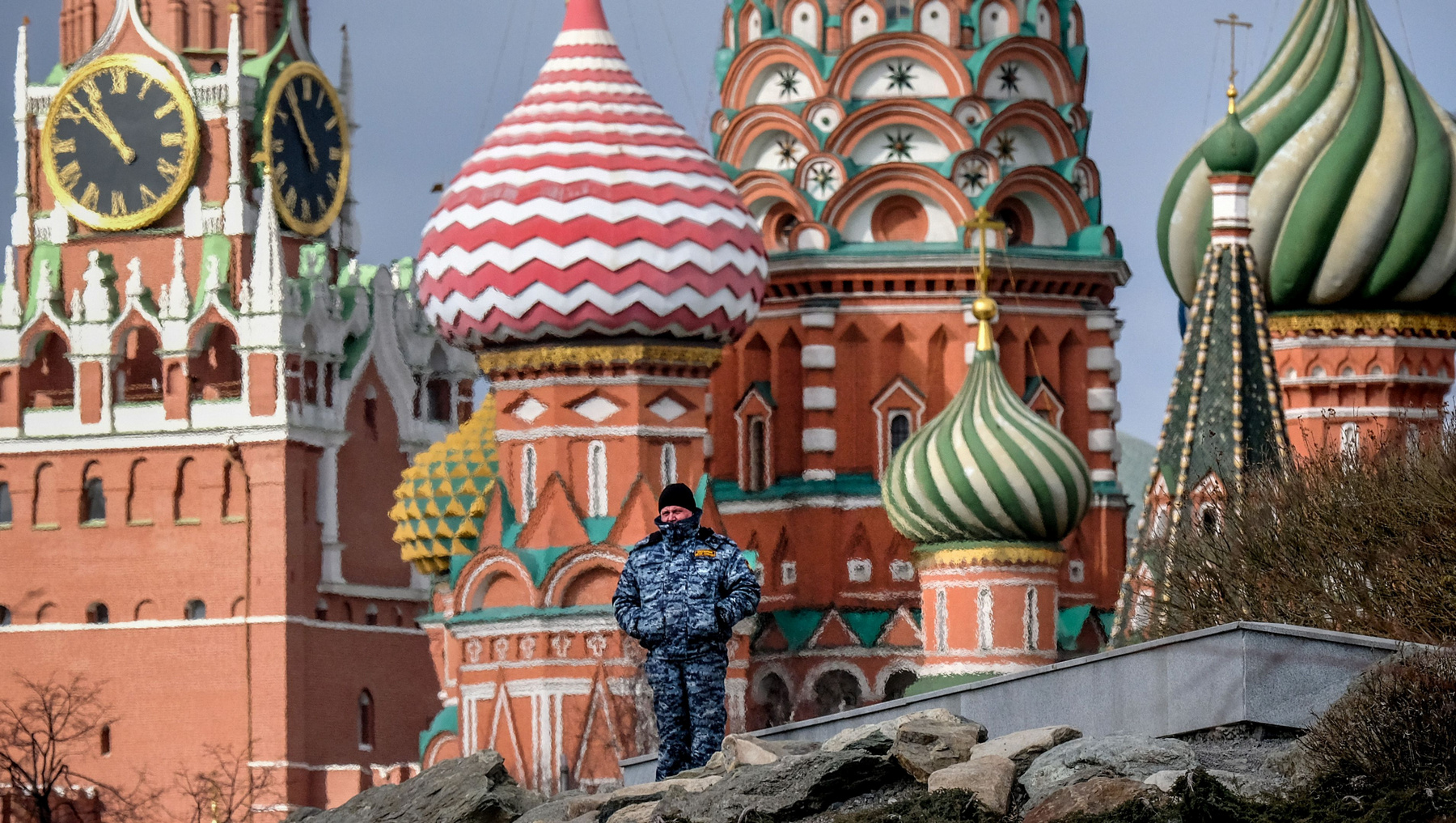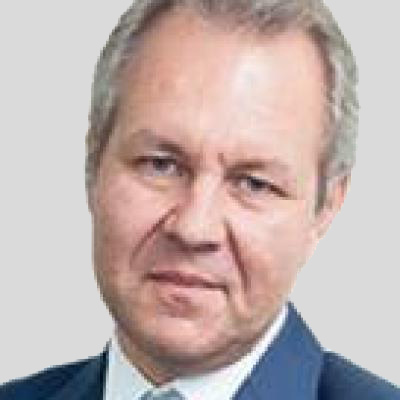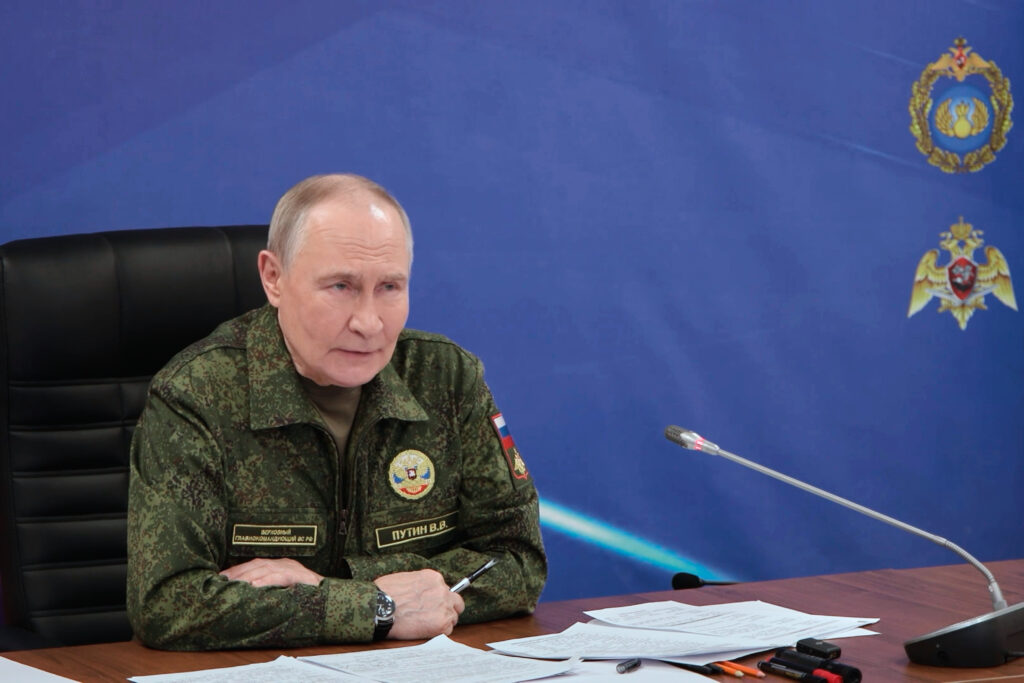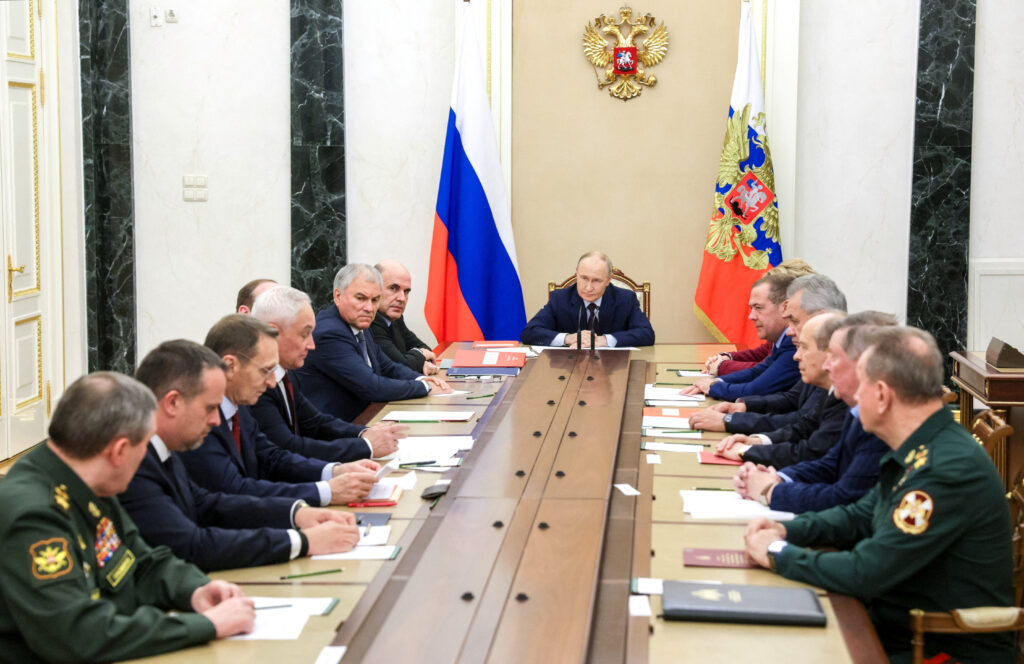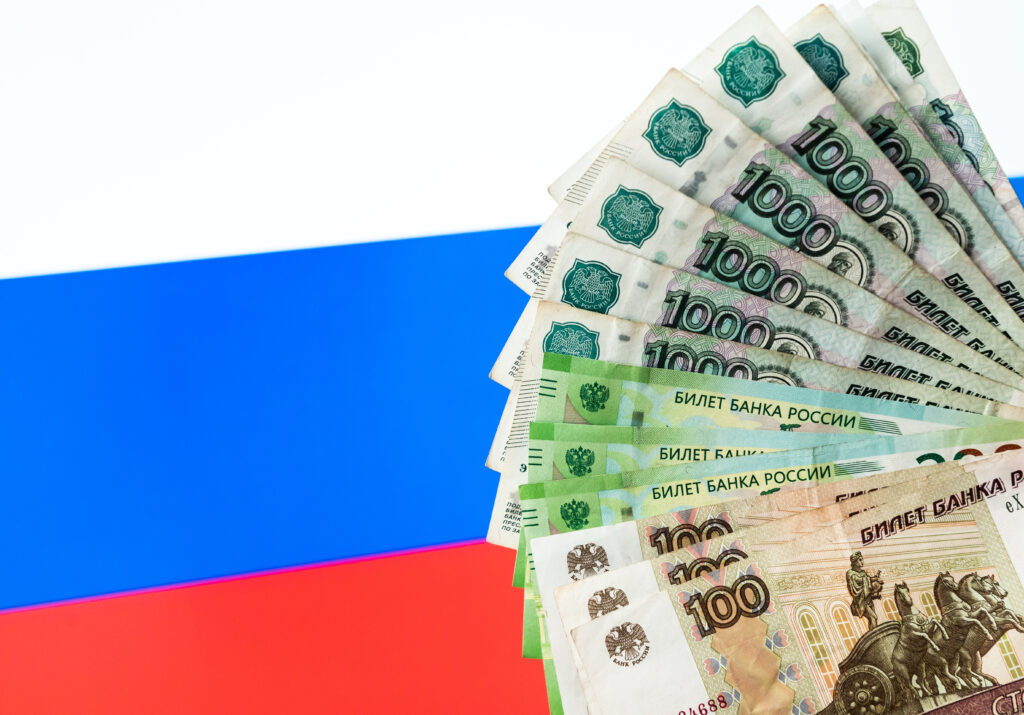Recent developments in Russia including the constitutional reform, which could result in the perpetual extension of the president’s terms in office, followed by the growing horror of the insidious coronavirus pandemic, and then the blow dealt by plummeting oil prices and an impending global recession, engender a feeling of anticipation of doomsday, general disaster and terrifying uncertainty. While I consider myself an optimist and am convinced the current problems are just more of the many difficulties that individuals encounter from time to time, it seems to me that Russia (unlike the rest of the world) might be facing the most serious challenge since the collapse of the Soviet Union.
First of all, a worldwide pandemic of a so-far unbeatable disease is real. The examples of EU member states illustrate how it can become a major challenge for both health professionals and society as a whole. The Russian healthcare system is unprepared to fight the virus. Above all, it is oriented towards solving bureaucratic tasks and managed in a way that’s hardly efficient in emergency. There is a shortage of tests and there will most certainly be a shortage of ventilators. Recent reforms leave no hope for those living in remote locations; sometimes they don’t even have a paramedic. The existing system of governance prompts regions to compete in putting a gloss on reality. All sorts of restrictive measures have already been introduced; more are to come. Self-isolation may result in many elderly people never leaving their flats. Their absence might raise alarm in more than a month’s time at the earliest. If a state of emergency is introduced, it would be a huge challenge for the authorities; it would need well-orchestrated cooperation between the siloviki and social services, which is unimaginable in our country. In other words, if the virus in Russia reaches the scale it has reached in France or Italy, our country will descend into chaos that will last for months. This is probably the toughest quality check for our society since the Second World War; I am not talking about the scope of suffering (which is not going to be comparable) but the pressure on institutions and the human psyche.
Secondly, we are on the verge of a very serious economic crisis. China’s experience shows that industrial production fell by 14% in January-February. If quarantine measures are introduced across Russia, the figure will not be lower. Many sectors, e.g. air travel and transport, car manufacturing and sales, construction and sales in shopping malls, will show a 30-50% dip. In the best case scenario the situation will begin to improve in mid-summer. Europe and the US will start to recover by then, while Russia will be swept over by a second wave of crisis. Specifically, since April-May oil will be sold at new prices (so far, slumping prices have affected futures rather than real supplies). If prices do not rise, the blow will be painful. In 2019, the average annual price of Urals oil was $67.4 per barrel. Yesterday the market closed below $29. If export volumes remain unchanged, Russia may lose about $130 billion (about as much as the value of the Russian sovereign wealth fund). The government will fulfil all budget obligations without difficulty. But who is going to cover the gargantuan losses caused by the epidemic? How will large businesses afford investments that generate significant demand in other sectors? Russia’s problem is that the government (as seen in 2014-2016) focuses on using up reserves whereas in the West the emphasis is on central bank lending to the economy. The Fed slashed interest rates to zero and allocated $700 billion as part of its emergency action. This figure will increase two- or three-fold by the end of the year. However, Russia has never had rates close to zero, while the government boasts about not borrowing. Our economic policy will be much less flexible and dynamic, and the crisis much deeper. In 2009, GDP plunged by 8%, although there was no epidemic and our economy was not cut off from the global one, while in 2011-2013 oil prices reached the highest average annual level ever, four times higher than today. I would be surprised if Russia’s GDP decreases by less than 4% and real disposable income drops by less than 5% by the end of the year. The current crisis will differ from those of 2008-2009 and 2014-2015 as it is driven by a variety of causes: viral chaos; a global recession; and falling oil prices.
Thirdly, the transformation of the domestic political system which began in January is not limited to immortalising Putin’s power. The 22 April public vote, organised largely in circumvention of existing procedures, without observers, almost certainly involving many instances of early, home and even remote voting, can mean only one thing: a new political model is to be tested in Russia. This model implies the replacement of legitimate elections with various kinds of plebiscites. Reformatting the system does not necessarily mean backsliding into totalitarianism, and I do not expect that. However, it is almost certain that we are witnessing Russia’s conversion from an electoral albeit imperfect democracy to an enlightened monarchy in which the most important positions in the state will be occupied by individuals who have been appointed rather than elected (as, for example, governors who are State Council members and are first appointed by the Kremlin and ‘vested with power’ by virtually single-option voting). In fact, the entire system has been prepared for such conversion: over the past ten years, mayoral elections have been eliminated in most cities; once the amended Constitution gets adopted, municipal self-government will be incorporated into the power vertical; federalism as a principle of political organisation will become a thing of the past as soon as federal territories can be arbitrarily delineated. This transformation represents the most revolutionary political move since Gorbachev’s perestroika. Back then, in 1989, elections became social ladders rather than decorations. We are backsliding now at the most suitable time (this is not a slip of the tongue).
Let me explain. Most experts claim the president has hurriedly or mistakenly embarked on a political reform on the verge of the coronavirus pandemic and plunging oil prices. This may seem true at first glance. Let me draw your attention to something else. The epidemic is paralysing the citizenry, and will make people ready to accept the authorities’ instructions restricting all freedoms: e.g. not to gather in a group of more than a dozen. Such restrictions will not appear politically motivated; people will accept that they are for their own good. By the summer, the peak of the economic crisis will arrive. The state will impose higher taxes on large businesses, recall unjustified returns from privatisation and will urge everyone to tighten their belts. The president has already made it clear: there can be no personal responsibility for the fall in oil prices. Under these circumstances, the country is in the toughest year in Putin’s history. Then the new Duma election will happen (obviously, according to the new rules). In a year and a half or two years from now, when the world finally forgets about the coronavirus and recession, Russia will be a different country.
Russians used to love Egyptian resorts. They probably remembered Egypt as a rather messy but generally friendly country. It was a country that welcomed tourists, traded in the streets, had a lot of cafes and restaurants, was living a normal life. Meanwhile, it was in a state of emergency from 1981-2012, which the parliament extended every two years. The state of emergency was briefly lifted in 2012, only to be reintroduced in 2017. The only difference was that now it was extended every three months. The timeline differs in Russia: we had a state of emergency from 1917-1988 and it was lifted for thirty years due to a weird mistake. It is high time to reintroduce it again and extend it indefinitely under various pretexts.
This will be a hard year for all. I am afraid it is going to be even harder for Russia. In the US and Europe the economic crisis will be offset with money; incomes lost during the epidemic will be reimbursed from their budgets. Problems will be pushed into the dim and distant future. The Gulf countries will adapt to the conditions of cheaper oil. It is not that difficult. In 2019, total oil and gas exports from Russia accounted for $1,860 per citizen of the Russian Federation. In Saudi Arabia, the figure was $10,400, and $227,000 in Qatar. In other words, the citizens of the most advanced oil-producing countries will survive. Planes will take off again (it took three years for the volume of air travel to pick up after the 11 September attacks; in 2018 airlines transported 2.6 times more passengers than in 2000). Unlike us, Western countries had not seen an economic downturn for a decade or so before the recent crisis. Their institutions were not shifting and their judiciary system did not bow and scrape before the executive. And, as the lyrics of a famous song go, ‘the carriage will start and the platform will stay’. And this will be the embodiment of stability that Russia has dreamt of for years, as people in the Kremlin say.
